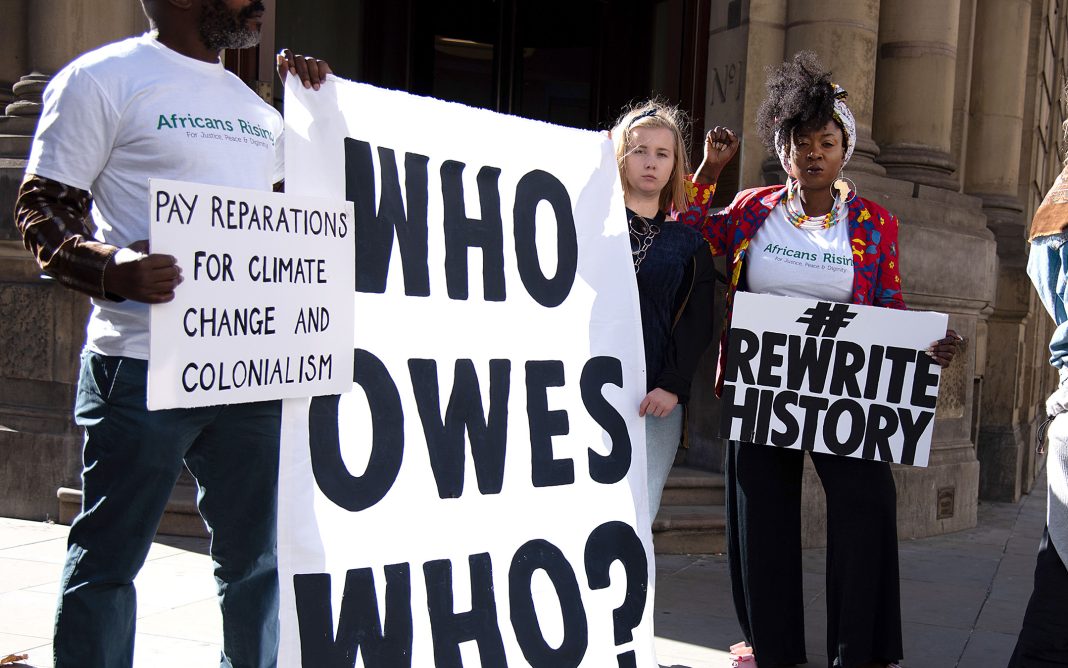
Tense Relationship Between Miners and Government
The relationship between the mining industry and the Australian government has been tense in recent times. The Minerals Council of Australia, the peak body for mining, has openly criticized the government’s policies. At an annual conference, Minerals Council CEO Tania Constable expressed concern over the Albanese government’s “reckless” industrial relations laws, high energy costs, and environmental regulations. Constable highlighted that each new regulation, tax, and arbitrary decision adds complexity and constraints that make it harder for the industry to compete with international competitors who do not face the same constraints.
This strained relationship between miners and the government is not unique to Australia. Around the world, publicly owned mines have been successful in diverting funds back into their host countries. Nations such as Norway, Sweden, Chile, and India have all benefited from this model. The left-wing Greens party in Queensland is advocating for a similar approach. They have pledged to set up a state-owned mining company called “Queensland Minerals” near Mount Isa, a major mining town in the state’s north-west.
The Proposal for Queensland Minerals
The proposed Queensland Minerals would focus on mining critical minerals that are essential for the transition to a net-zero economy. These minerals include zinc, cobalt, copper, lead, and gold. The party claims that there are $500 billion worth of critical mineral deposits in the North West Minerals Province (NWMP), including $215 billion worth of zinc, $119 billion worth of copper, and $104 billion worth of lead. These minerals are crucial for various industries, such as building wind turbines and manufacturing batteries.
To fund the establishment of Queensland Minerals, the Greens party plans to increase coal and gas royalties, which they estimate will generate $4 billion (US$2.6 billion) in revenue. Additionally, they propose that 15 percent of the company’s workforce should consist of Indigenous employees, prioritizing inclusivity and addressing historical inequalities. The party aims to amend Queensland law to ensure that Queensland Minerals receives first priority for any new exploration and mining licenses for critical minerals in the NWMP.
The Benefits of Publicly Owned Mines
The Greens party draws inspiration from the success of publicly owned mines in other countries. By establishing Queensland Minerals as a state-owned mining company, they believe that it can generate significant profits that can be returned to the public. This model has proven successful in nations like Norway, Sweden, Chile, and India, where publicly owned mines have contributed to the economic development and prosperity of their respective countries.
Addressing Concerns and Promises
The Greens party’s proposal has generated both support and skepticism. Mount Isa’s regional MP, Robbie Katter, has been contacted for comment on the matter. It is crucial to consider the perspectives of various stakeholders, including industry experts and local representatives, to ensure that the proposal is viable and beneficial for all parties involved.
At the same Minerals Council conference, Opposition Leader Peter Dutton made promises to address concerns related to environmental groups that might impede future mining projects. Dutton pledged to reduce the power of such groups, stating that a government under his leadership would not allow activists to dictate economic policy and hinder the country’s prosperity. This commitment aims to provide reassurance to the mining industry and create a more favorable environment for future mining projects.
Conclusion
The proposal to establish Queensland Minerals as a state-owned mining company reflects the ongoing tensions between the mining industry and the Australian government. The strained relationship, as highlighted by the Minerals Council’s criticism of government policies, demonstrates the challenges faced by the industry. The Greens party’s plan to prioritize critical minerals and ensure that profits are returned to the public draws inspiration from successful models in other countries. The potential benefits of publicly owned mines, as seen in nations like Norway, Sweden, Chile, and India, provide a compelling case for the establishment of Queensland Minerals. However, it is essential to address concerns and involve various stakeholders to ensure that the proposal is feasible and mutually beneficial. Opposition Leader Peter Dutton’s commitment to reducing the power of environmental groups further indicates a potential shift in favor of the mining industry. As discussions and debates continue, it is crucial to find a balance that supports economic development, environmental sustainability, and social inclusivity.


